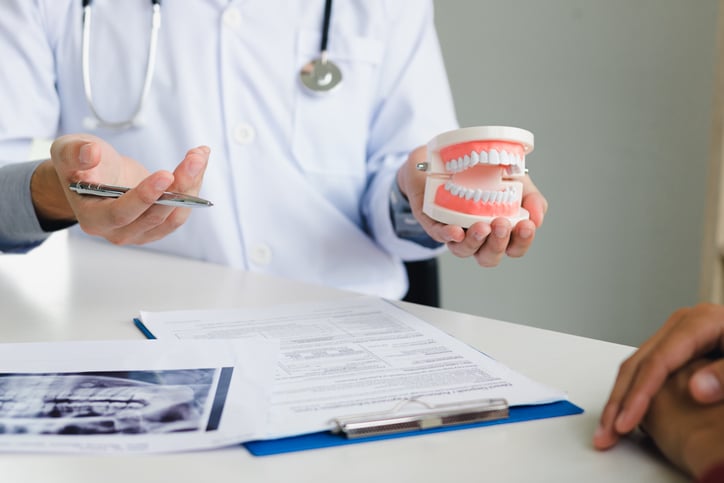
Dental health issues are among the most prevalent health afflictions facing Americans. Almost half of Americans have gum disease. And about 90% have had at least one cavity, and about 25% of people aged 20 to 64 have untreated cavities. Untreated oral health issues can lead to serious health problems, including cardiovascular disease. This means that dentists are on the front lines of the fight for better public health, and oral surgery does a lot more than produce a pretty smile.
Dental suction devices are a routine part of oral surgery, whether a dentist is filling a tooth, draining an abscess, or undertaking a more complex operation such as removing wisdom teeth. Dentists and dental assistants may use a wide range of dental suction techniques depending on the specific procedure, but the importance of suction is hard to overstate.
Some of the most important roles of dental suction in oral surgery are:
Preventing Aspiration and Choking
Dental surgery often requires the use of objects, such as gauze and dental instruments, in the patient’s mouth. This makes it impossible for a patient to safely swallow during procedures for which they are awake, such as routine cavity treatment. Dental suctioning removes excess saliva. It can also prevent patients from inadvertently aspirating or choking on dental instruments, toothpaste, dental medications, or other routine components of oral surgery.
Ensuring Patient Comfort
Being unable to swallow during routine procedures can be stressful for patients. Dental suction prevents drooling and ensures that the patient does not feel an overwhelming need to swallow. It also offers reassurance that, should anything obstruct the airway, the dental team can quickly remove it. This can help ease anxiety, making dental procedures less stressful for patients.
Removing Secretions
Every patient naturally salivates during dental procedures. Removing excess oral secretions does more than just ensure patient comfort. It also makes it easier for the dentist to operate. Pooling saliva can obstruct the dentist’s view and make it more difficult to grasp or treat teeth. By quickly removing secretions, dental suction devices help dentists work more quickly and efficiently.
Treating Airway Emergencies
Airway emergencies can happen even during routine procedures. A patient might have an unexpected allergic reaction to latex, novocaine, or another drug. Or, the patient may vomit or bleed and aspirate their own fluids. Accidental ingestion of foreign bodies during dental anesthesia is a leading cause of death during procedures. It is also highly preventable with the right suction machine. Dental staff can use suction machines to quickly clear the airway of vomit, dental equipment, and other debris.
When a patient undergoes emergency dental care for a traumatic injury (or other reasons), dental suction is especially important. This is because the patient may not be able to fast before general anesthesia, increasing their risk of vomiting and aspiration. A dental team that is mindful of these risks and prepared to act quickly can ensure that the patient receives excellent dental care while minimizing any risk of serious complications.
Choosing the Right Equipment
A portable dental suction machine is a vital piece of equipment in every dental office. Portable machines allow you to treat patients wherever they are. This means that if a patient has a delayed adverse reaction in the waiting room, you can quickly intervene. The right portable suction machine delivers consistent, reliable suction for both routine and emergency care.
For help choosing the right machine for your office, download our free guide, The Ultimate Guide to Purchasing a Portable Emergency Suction Device.
Editor's Note: This blog was originally published in January, 2023. It has been re-published with additional up to date content.
















